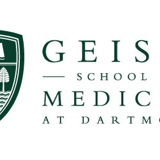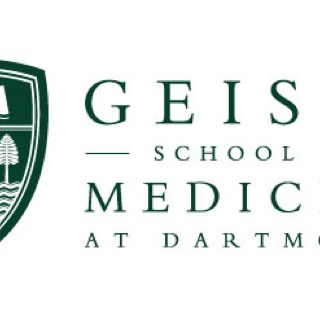Year One OSCEs Checklist Info
-
CHECKLIST INSTRUCTIONS:
Evaluate and rate the student based on the criteria below for their level of training as a year one student. Please read all the subcomponents of each question carefully to identify the best score; KEEP IN MIND THE BROAD GOALS of the OSCE.
NEEDS IMPROVEMENT=Student did not perform this skill or performed inadequately for a year one student at their current level of training.
MAKING PROGRESS=Fair performance in this area for a year one student at their current level of training, but would benefit from additional practice.
MEETS EXPECTATIONS=Good solid performance at a level of mastery expected for a year one student.
CHECKLIST COMPONENTS:
Part 1: Overall/General Assessment
Part 2: History
Part 3: Motivational/Counseling Skills
Part 4: Physical Exam
Part 5: Oral Presentation
Part 6: Clinical Competencies -
Student Full Name (Last, First)
-
OSCE Evaluator Full Name
-
Patient Safety Simulation & Training Center; Dartmouth-Hitchcock Medical Center
Part 1: Overall/General Assessment
-
1. BUILDS A RELATIONSHIP (Greets and shows interest in patient; Uses words that show care and concern; Uses correct tone, pace, eye contact, and posture)
-
2. OPENS THE DISCUSSION (Allows patient to complete opening statement without interruption; Elicits full set of concerns by asking if there are other concerns besides the chief complaint; Sets an agenda)
-
3. GATHERS INFORMATION (Begins asking open-ended questions; Clarifies details as necessary with more specific yes or no questions; Summarizes, gives patient opportunity to correct or add information; Performs organized, appropriate physical exam; Mindful of patient comfort during exam)
-
4. UNDERSTANDS THE PATIENT'S PERSPECTIVE (Asks about life events, circumstances, other health factors; Elicits patient's beliefs, concerns, and expectations about illness and treatment; Responds explicitly to patient's statements about ideas and feelings)
-
5. SHARES INFORMATION (Assesses the patient's understanding of problem and desire for more information; Explains without using jargon; Asks if patient has any questions; Delivers an organized, clear oral presentation)
-
6. PROVIDES CLOSURE (Asks if patient has any further concerns; Summarizes; Clarifies follow-up or contact arrangements)
-
Comments
Part 2: Detailed History
-
1. Introduces self & set an agenda.
-
2. Gets a complete patient story with relevant data (i.e. HPI, PMH, FH, SH, meds & allergies), did not use jargon.
-
3. Gets a complete history of patient's alcohol use disorder.
-
Comments
Part 3: Motivational/Counseling Skills
-
1. Assesses the patient's readiness to change.
-
2. Uses reflection.
-
3. Counsels the patient on cessation.
-
4. Conveys respect for the patient and problem.
-
Comments
Part 4: Physical Exam
-
1. Washes or sanitizes their hands prior to the exam
-
2. Listens to chest anteriorly and posteriorly.
-
3. Auscultates the heart in the four cardinal positions.
-
4. Performs core abdominal exam relevant to the case.
-
Comments
Part 5: Oral Presentation
-
1. Organization of HPI
-
2. Relevant ROS, PMH, FH and Habits
-
3. Pertinent vitals and physical exam
-
Comments
Part 6: Clinical Competencies
-
Part 6 Instructions:
Geisel School of Medicine at Dartmouth has designated a specific set of clinical skills to be directly and carefully observed by OSCE evaluators during the On Doctoring course. Students are to be evaluated as to the level of performance achieved at the end of year one On Doctoring. Please see the competency scores below for a longer explanation of levels of performance expected of our students at the end of Year One.
NOT COMPLETED=Student did not perform this skill or performed inadequately for a year one student at their current level of training.
NOVICE= Student is learning this clinical skill, but is often not accurate or able to perform independently; performance is slow and deliberate, often following a written outline or template. This is the expected level of performance at the end of Year One On Doctoring.
*Please select Novice for every skill presented that was observed during the OSCE, and initial. If students did not perform the skill, select Not Observed. -
1. Professional Manner and Rapport
-
Please initial by selecting the pen icon.
-
2. Interview: HPI & PMH relevant for case
-
Please initial by selecting the pen icon.
-
3. Counsel: Motivational Interviewing
-
Please initial by selecting the pen icon.
-
4. Physical Exam: Focused exam based on specified case
-
Please initial by selecting the pen icon.
-
5. Communication: Oral Presentation
-
Please initial by selecting the pen icon.
-
Comments







